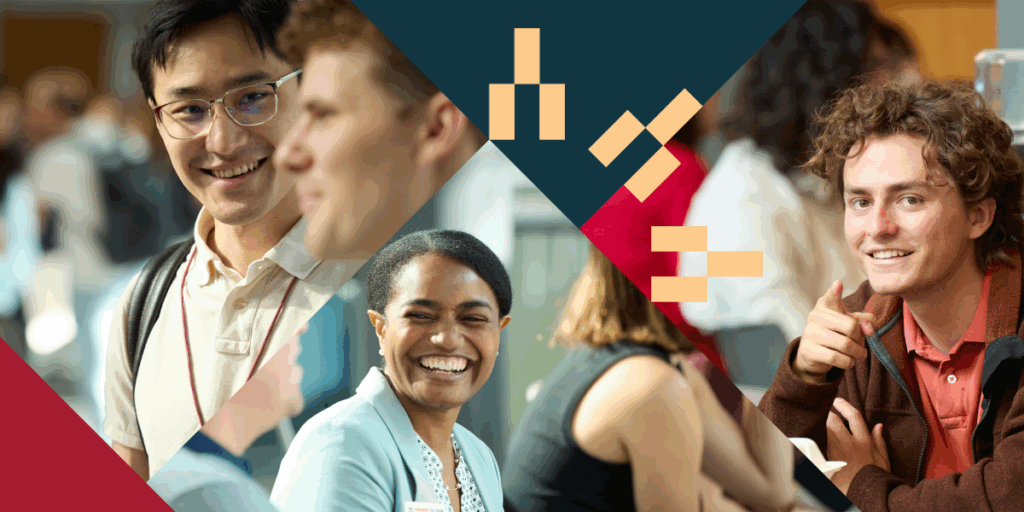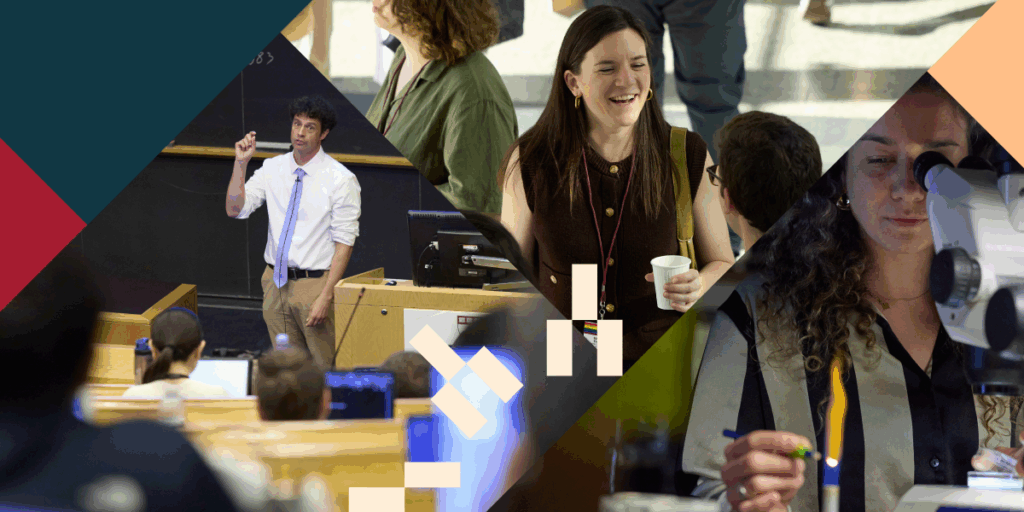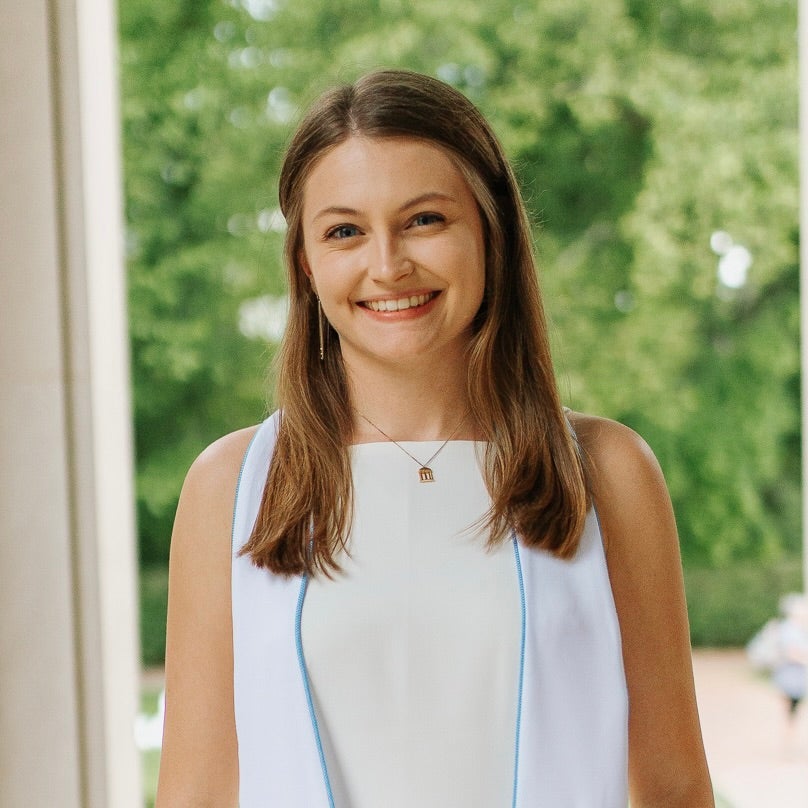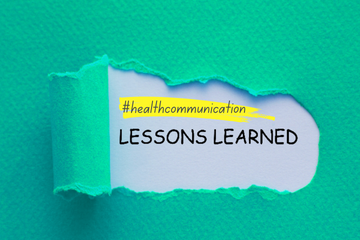Welcoming a new school year with hope

To the Harvard Chan community,
As we start this new academic year, I am thinking about the future with hope.
We continue to confront a financial crisis caused by the unprecedented termination of research grants and other federal policy changes. In every department and unit across the School, we are all taking difficult steps to control costs, making cuts that are painful to everyone.
Still, I do feel hopeful.
This community is resilient, innovative, and committed. I am confident we can emerge from this crisis stronger.
And I am not alone. In discussions with department chairs about their priorities for the coming years, I have heard great excitement about the School’s potential to build on our already extraordinary track record of improving health in the U.S. and around the globe. I share that enthusiasm.
I have been reading a lot about convergence science, which aims to come at difficult problems from many angles, with the single-minded goal of developing actionable solutions. We have already demonstrated success with this approach through our Defeating Malaria initiative, which brings together bench science, community engagement, educational programs, decision science, and more to advance the goal of eradicating malaria from the world.
I firmly believe that the Harvard Chan School of 2030 will lead the world in convergence science, delivering high-impact breakthroughs that come not from a single lab, but from across the School.
Together, we can:
- Discover the common biological mechanisms that drive both infectious diseases such as tuberculosis and non-communicable diseases such as diabetes—and develop new therapeutics to target both.
- Pioneer novel approaches to prevent cancer and neurodegenerative diseases and to prolong good health well into old age.
- Work with communities to develop and implement programs that improve health in neighborhoods, workplaces, and schools.
- Develop new methodologies, digital tools, and creative uses for AI to speed health research and to scale the development, testing, and implementation of real-world solutions.
- Increase the affordability, efficiency, and quality of health care for individuals across the U.S. and around the world, with a particular focus on those who have long been left behind.
- Identify cost-effective interventions to prevent millions of childhood and maternal deaths—and work with governments worldwide to implement them.
This list is not comprehensive; these are just a few examples of the many thorny problems we can tackle as we explore new ways to work together. Even so, I find it energizing, as it makes clear that a smaller School need not be a diminished School. We can and we will remain at the forefront of public health research and practice.
There is no question in my mind that we will also continue to lead in education, preparing our students not just to excel in their chosen careers, but also to develop the skills, agility, and confidence they need to adapt to a rapidly changing world.
I was struck by comments at a recent Studio event from Dusadee Sarangarm, a student in our Master in Health Care Management program, which prepares mid-career physicians to take on leadership roles. Dr. Sarangarm has already risen to leadership, serving as chief medical information officer at University of New Mexico Health—yet she called the degree program transformative.
“You know when you go to the eye doctor and you get a brand-new pair of glasses, and you can see? That’s what I feel like…. I’ve gotten to see the world from a totally different lens,” she explained.
I’ve heard similar sentiments from students in our other master’s and doctoral programs. That’s a testament to our community’s commitment to excellent teaching and mentoring. We are continually working to ensure that all our educational programs, both degree and non-degree, are relevant and engaging. I am confident that they will continue to open new horizons for our students.
I’ll close with a tribute to all of you: In the past week, I have met many of our amazing students at Orientation, talked with several of our fantastic staff in the hallways, and heard promising news about new funding opportunities from members of our all-star faculty. The energy and focus on display are inspiring.
We still face many challenges. But we are Harvard T.H. Chan School of Public Health, an incredible community with a powerful mission: to improve health and advance equity so that everyone can thrive.
And that is an excellent reason for hope.
With respect and gratitude,
Andrea
Andrea Baccarelli, MD, PhD
Dean of the Faculty


